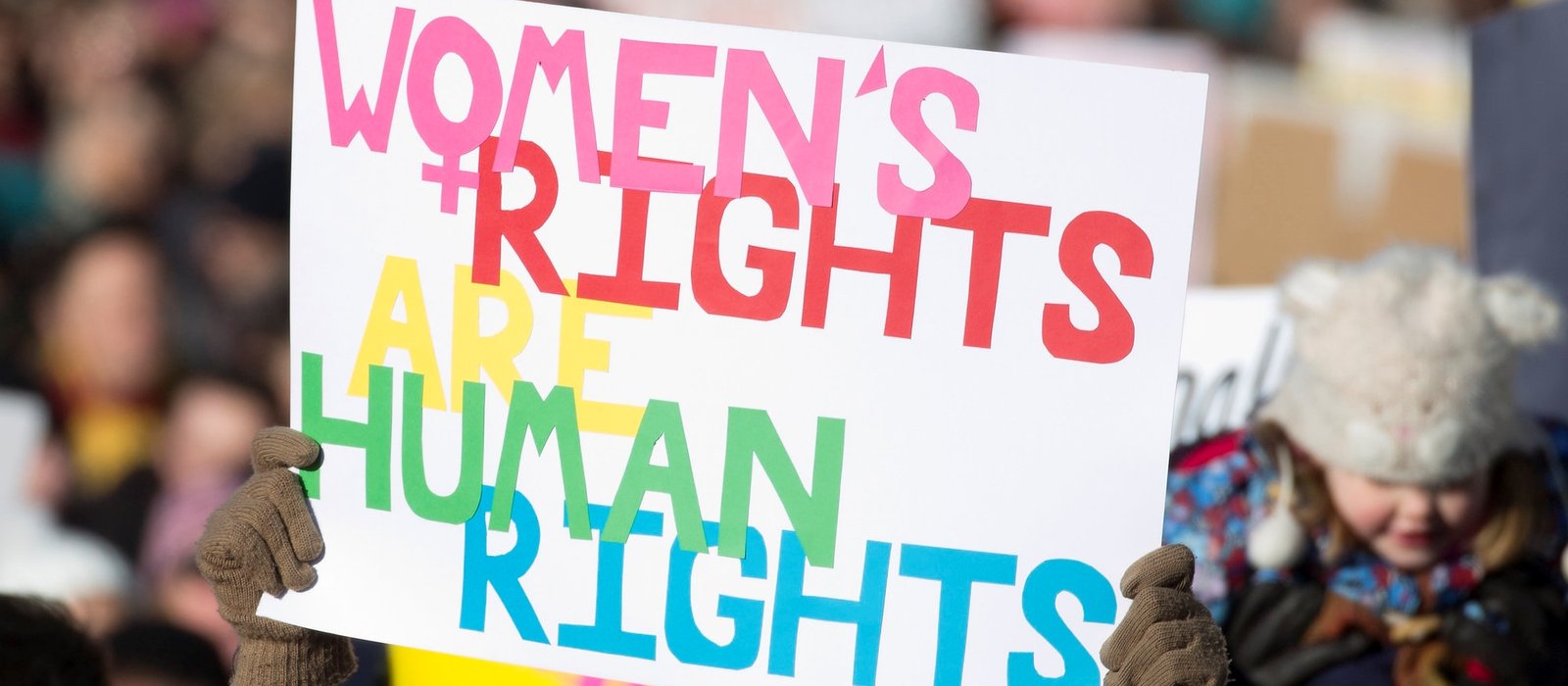Only Six Countries in the World Give Both Genders Equal Work Rights

If you’re a woman and want to be on an equal footing with men, it’s best to live and work in Belgium, Denmark, France, Latvia, Luxembourg or Sweden. The World Bank, which has tracked legal changes for the past decade, found these were the only countries in the world to enshrine gender equality in laws affecting work.
The bank’s women, business and the law 2019 report, published this week, measured gender discrimination in 187 countries. It found that, a decade ago, no country gave women and men equal legal rights.
The index assessed eight indicators that influence economic decisions women make during their working lives – from freedom of movement to getting a pension – tracking legal blocks to either employment or entrepreneurship. It scored and ranked each country, with a score of 100 indicating the most equal. Only six were given full marks.
Research found that, globally, average scores had risen from 70 to 75. Of the 39 countries with scores of 90 or above, 26 were high-income. Eight (including the UK) came from the bank’s Europe and central Asia category, with parental leave a key European trend. Two, Paraguay and Peru, were from the Latin America and Caribbean grouping. Taiwan was also among the 39 top scorers.
South Asia had the biggest improvement in average regional score, recording a figure of 58.36 – up from 50 a decade ago. Sub-Saharan Africa increased from 64.04 to 69.63 over the same period, led by progress in Mauritius. Half the changes were related to work and marriage.
Countries in the Middle East and North Africa made the least progress, with an average increase of just 2.86, to 47.37.
Kristalina Georgieva, the bank’s interim president, who took over from Jim Yong Kim launched the report.
“Gender equality is a critical component of economic growth,” she said. “Women are half of the world’s population and we have our role to play in creating a more prosperous world. But we won’t succeed in playing it if the laws are holding us back.”
The report found that women’s rights advocacy groups had played a key role in driving reforms.
While the report noted significant progress overall, there’s still a lot to do to level the playing field. Instituting legal reforms did not necessarily lead to changes on the ground, and a score of 100 did not automatically mean 100{54d2fcdcd494adb6982253be6fe8d5492e5f586157f419110131714f9092ec60} equality. Unequal pay is a major stumbling block. Women in Sweden earn 5{54d2fcdcd494adb6982253be6fe8d5492e5f586157f419110131714f9092ec60} less than their male peers (in the UK they earn 8{54d2fcdcd494adb6982253be6fe8d5492e5f586157f419110131714f9092ec60} less).
This represents a missed opportunity, said Georgieva. Women earning as much as men will enrich the global economy by about $160tn (£120tn).
“It is clear that giving space to women leads to richer societies,” she says.
Source – Guardian
Sign Up to Our Newsletter
Get notified about exclusive offers every week!












Good to know, though. Achieving equal gender rights still very unrealistic with majority of counties of the world.